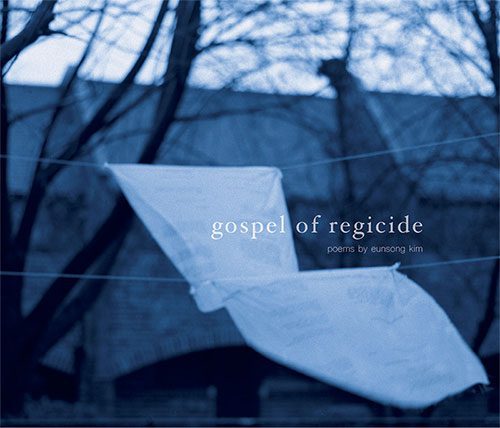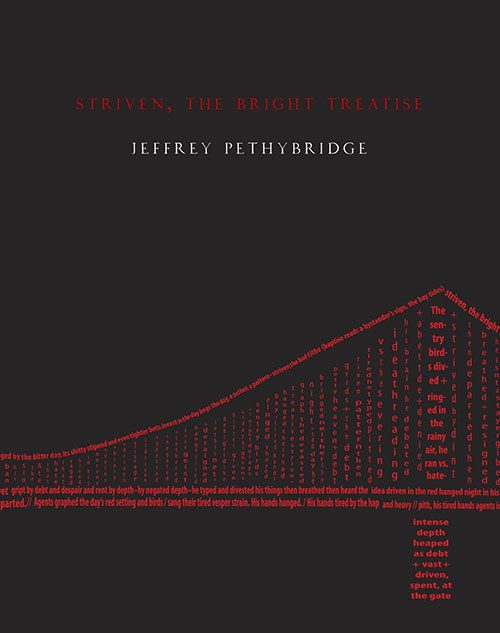UNMANNED
by Jessica Rae Bergamino
$9.99 – $15.00

Blurbs
In UNMANNED, Jessica Rae Bergamino guides readers into a sustained, inventive reimagining of space—its travelers, its machines, its mappings, its strange paths to finding love. With feet firmly planted in earthly references and a boldly interstellar head, Bergamino’s poems call out new ways of imagining myths of femme figures. They invite me to an exhilarating reconsideration of how one might see the stars and life beneath them. We are a lucky galaxy to get this book!
Heather Christle
In insistent, interstellar music; in otherworldly, temporal portals; in language that refuses to distinguish between scientific and poetic approaches to knowing; Jessica Rae Bergamino delivers us into the state of being UNMANNED. Inside the subjectivity of the Voyager space probes, we find enough dazzling distance to embrace all our zodiac selves and queer desires.
Christine Hume
“When I part my lips the whole sky drops out,” writes Jessica Rae Bergamino in her interstellar literary debut, UNMANNED; and the marvel of it is, this writer—“a broken monster / girl / thing”—is true to her word. Speaking through the posthuman persona of the Voyager II spacecraft on its journey into deep space, Bergamino offers her readers a field guide to the solar system, a brief history of Cold War American culture, a meditation on Greek myth, and a moving investigation into desire. “So say there’s no risk in sending women into space,” this poet dares her reader. “We’re already here.”
In insistent, interstellar music; in otherworldly, temporal portals; in language that refuses to distinguish between scientific and poetic approaches to knowing; Jessica Rae Bergamino delivers us into the state of being UNMANNED. Inside the subjectivity of the Voyager space probes, we find enough dazzling distance to embrace all our zodiac selves and queer desires.
UNMANNED is a beautiful, poetic, whimsical romp, ransacking the genres of apocalyptic fiction, spaghetti western, space opera, and all the while it is a deeply and sincerely felt prayer for salvation. As the Voyager satellites lance far beyond our solar system in search of any intelligent life, the Earth it left behind careers wildly towards unsustainable climate change and its attendant devastating impacts. Barbarella, Princess Leia, post-Symbionese Liberation Army Patty Hearst, Miss Piggy, and Peter Allen in Liza Minnelli drag are but some of the science-goddesses through whose aspects Bergamino explores both human and stellar condition. Astronomy, astrology, divination, and divinity collide in these wild, ardent poems. Would that we’d had this book to include on the golden record; at very least we can add it to the archive of the literature of the late life of the chthulucene.
Kazim Ali
The full-throated syllables of Jessica Rae Bergamino’s UNMANNED, shot through with the myths and legends of the achingly near future, trace an arc between body and machine that collapses the distance between their errant desires. A space ship might be “brutal as a body,” but “any body can be an experiment / in exhalation”: these lyrical, interstellar excursions, by turns laser-sharp and tender, left me breathless in their frothy wake. Bergamino’s poems queer our space canon in a way that reveals what’s been there all along: it may be true that “distance is a lovely thing / when stripped of meaning” but distance, like desire, “is always relative.” In wanton hyperdrive, this poetic critique of imperialist reach feels like it could tear a big hole in the galactic mesh that holds our whole history together.
Julia Bloch



